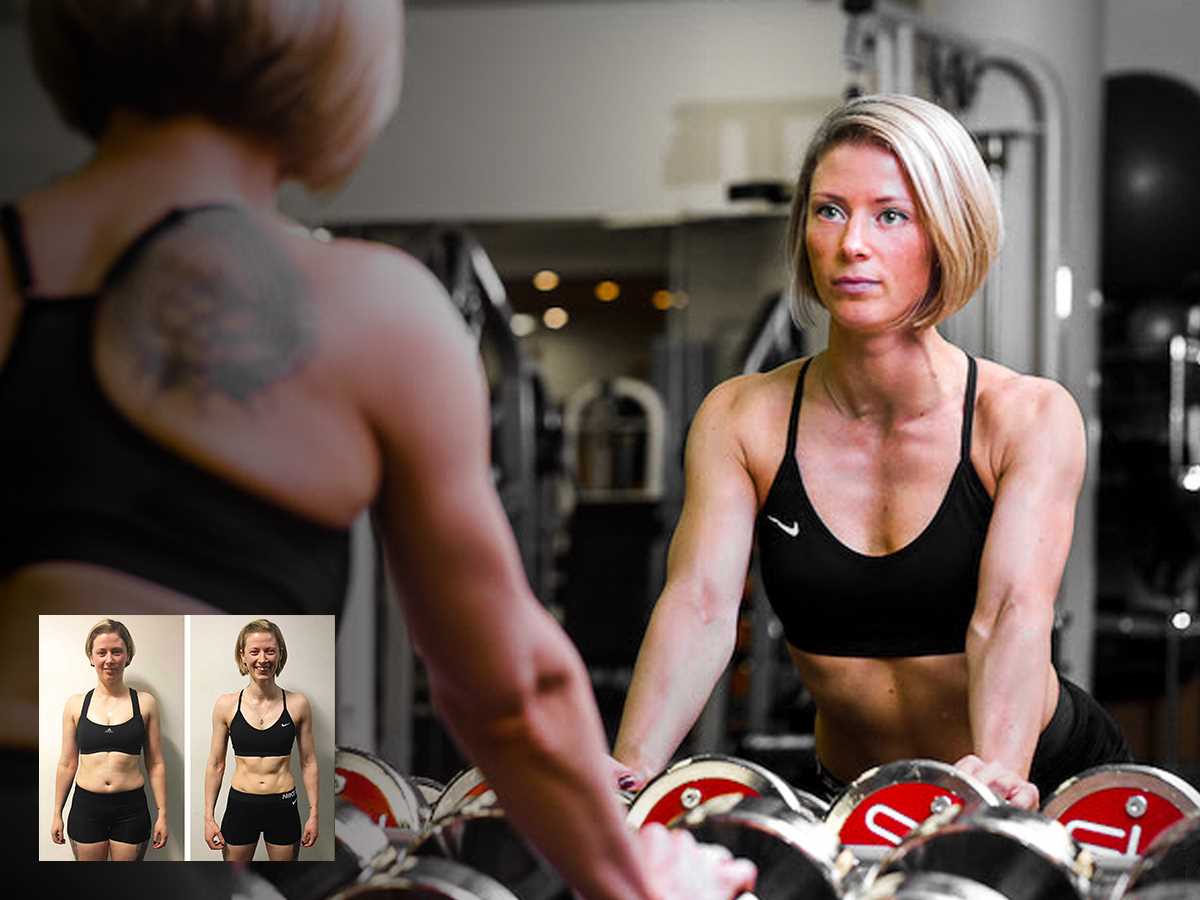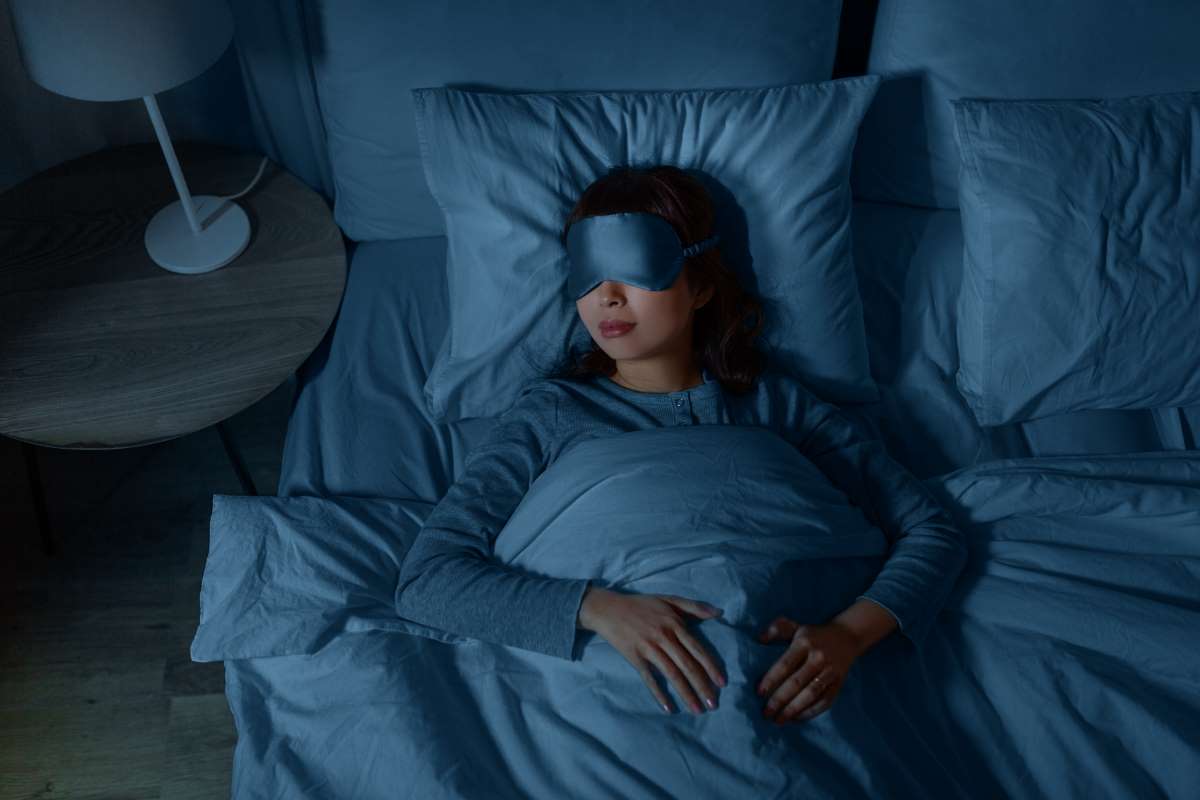Sleep is a cornerstone of good health. When trying to get in shape, quality sleep helps support weight loss, appetite control when dieting, performance in the gym, and focus and productivity at work.
Sleep poorly and weight loss will be harder, your drive to eat will be greater, and it will impact your training. Long-term, sleep deprivation will increase the risk of everything from hypertension and diabetes to depression and cognitive decline.
So how do you improve your sleep quality? What do you do if you can’t get to sleep or stay asleep? What effect does alcohol have on your sleep?
Our expert personal trainers answer your 10 most common questions to help you sleep better so you can improve your health and fitness.
1. What should I do at the weekend if I’ve slept badly all week? Should I sleep in?
Try and return to your regular sleep routine as quickly as possible. If you can power through and get an earlier night as soon as possible so that you can keep your wake time similar to your usual routine. This should allow you to get back to your normal sleep time the next day.
2. What should I do If I have a bad night’s sleep?
As much as you may not feel like it, getting moving with a workout or going for a walk will help wake up your nervous system as well as release endorphins. Tiredness can increase cravings, so keep your food as nutrient-dense as possible with high-quality protein and lots of veggies. Hydration is also a significant contributor to energy levels, so make sure to keep up your fluid intake. U.P.’s Focus is a low-caffeine supplement that can help boost mental alertness, concentration and performance without the crash or any of the negative side-effects of coffee.

3. What can I do to get daylight in winter? It’s dark when I leave the house and when I come home from work.
Getting 60-90 minutes of natural light exposure early in your day is important to help maintain healthy circadian rhythm and sleeping patterns.
It can be tough to get a lot of daylight during the winter in some countries, so if you can’t get outside at some point during the day, it may be worth investing in a lightbox that emits at least 10,000 lux, which provides daylight exposure as well as alleviating any issues with Seasonal Affective Disorder (SAD). Daylight alarm clocks can help wake you gradually, which can make it easier to wake up.
4. How does alcohol affect my sleep?
Alcohol interferes with the final stage of sleep, REM sleep, which is why you may feel less refreshed when you wake up the day after drinking. If you know you are going to an event that will involve alcohol, ensure you do a workout during the day. A good strategy is to follow each alcoholic drink with a soft drink and make sure to take your supplements before bed!

5. What if my thoughts are stopping me from sleeping consistently?
You’ve probably heard people recommend meditation. There is a lot of evidence that it can help improve how we feel on a day-to-day basis as well as our sleep. A range of apps, such as Calm and Headspace, teach how to meditate effectively.
Other options might include finding a hobby or something else to distract you during downtime, such as knitting, cooking or colouring books for adults.
Using essential oils, such as lavender on your pillow or in a diffuser, can help calm anxious thoughts.
Don’t forget to take time for self-care. A bath with Epsom salts can help you wind down before bed as they deliver magnesium, which relaxes the nervous system and muscles.
Try UltraMag, a combination of magnesium and glycine, which reduces anxiety and can help support good sleep.
6. How can I stay asleep?
It depends on the reason you are experiencing disturbed sleep. Do you wake up due to noise or light? It can be a good idea to invest in noise-cancelling earplugs or playing ambient sounds. Blackout blinds or a mask can also prevent you from waking due to light.
If you find yourself waking up to urinate during the night, try to hit your daily hydration goal by around three hours before bed and avoid diuretics, such as caffeine or alcohol.
You can also try NAC. Anecdotally, we know that this helps prevent the liver from waking you due to overuse during the night, especially when blood glucose levels are high.
Supplementing with UltraMag will also help sleep quality and depth.

7. Should I nap?
Within reason, yes, taking naps can be beneficial. Naps lasting around 15-20 minutes have been shown to boost memory and decision-making skills. However, be mindful that sleeping for longer periods during the day can delay sleep onset, meaning that you’re likely to get to bed later and disrupt your sleep schedule. So, if you’re going to catch a few winks during the day, make it a power nap!
8. How can I fall asleep quickly?
Not being able to get off to sleep can be incredibly frustrating, but instead of watching the clock, you’ll be much better off changing your environment by going to another room to read or take a shower. Putting some socks and gloves on can help lower your core temperature to induce sleep. Apps such as Calm now also have a range of sleep stories for adults as well as ambient sounds.

9. I have pets and kids that wake me up! What can I do to sleep better?
You may feel mean, but long-term, kicking your kids and pets out of your bed will help you be far more productive and energised. This can also be a good opportunity to try some of the sleep tips with your kids to improve their routine, which will benefit you in the long run.
10. My partner snores and keeps me awake? What can I do?
If you’re the partner of someone who snores, it’s almost certainly a good idea to invest in some noise-cancelling earplugs.
If you know you snore, nasal strips and a mouthguard can help alleviate symptoms. It can also be a good idea to refer to your doctor, as snoring can be made worse by allergies, which are easy to treat.
Learn how sleep impacts your health and the four steps to better sleep here.



